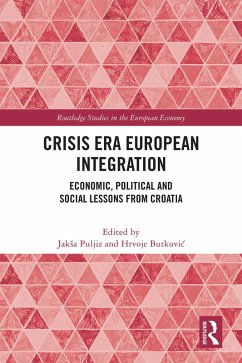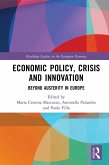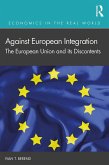The book argues that the Croatian case has special importance given that the last decade of European integration has arguably been the most challenging one yet. It started with the Eurozone-wide sovereign debt crisis and ended with the economic hardship caused by the COVID-19 pandemic and Russia's aggression on Ukraine. Such demanding circumstances where agenda was often defined in an ad hoc way posed a huge test for Croatia's governmental capacity. The book provides answers to the question of how successful Croatian policymakers were in dealing with the crises-related challanges and other needed adaptations. The book explores how EU membership has affected the design and implementation of selected national public policies, the functioning of governing institutions and patterns of cooperation between main social actors. Expert contributors analyse the impact of the EU membership in two principal areas: political and economic, with individual chapters addressing relevant topics.
The book is intended for researchers, academics and students interested in these issues, as well as policymakers, entrepreneurs and lobbyists concerned with European integration.
Dieser Download kann aus rechtlichen Gründen nur mit Rechnungsadresse in A, B, BG, CY, CZ, D, DK, EW, E, FIN, F, GR, HR, H, IRL, I, LT, L, LR, M, NL, PL, P, R, S, SLO, SK ausgeliefert werden.
"Ten years of Croatia in the EU has got a book that rigorously and thoroughly looks at different aspects of institutional and policy responds of Croatian politics to EU membership. A reader will find nicely written chapters and documented analyses of what and how has been changed in comparison to the accession period." - Goran Cular, Faculty of Political Science, University of Zagreb









